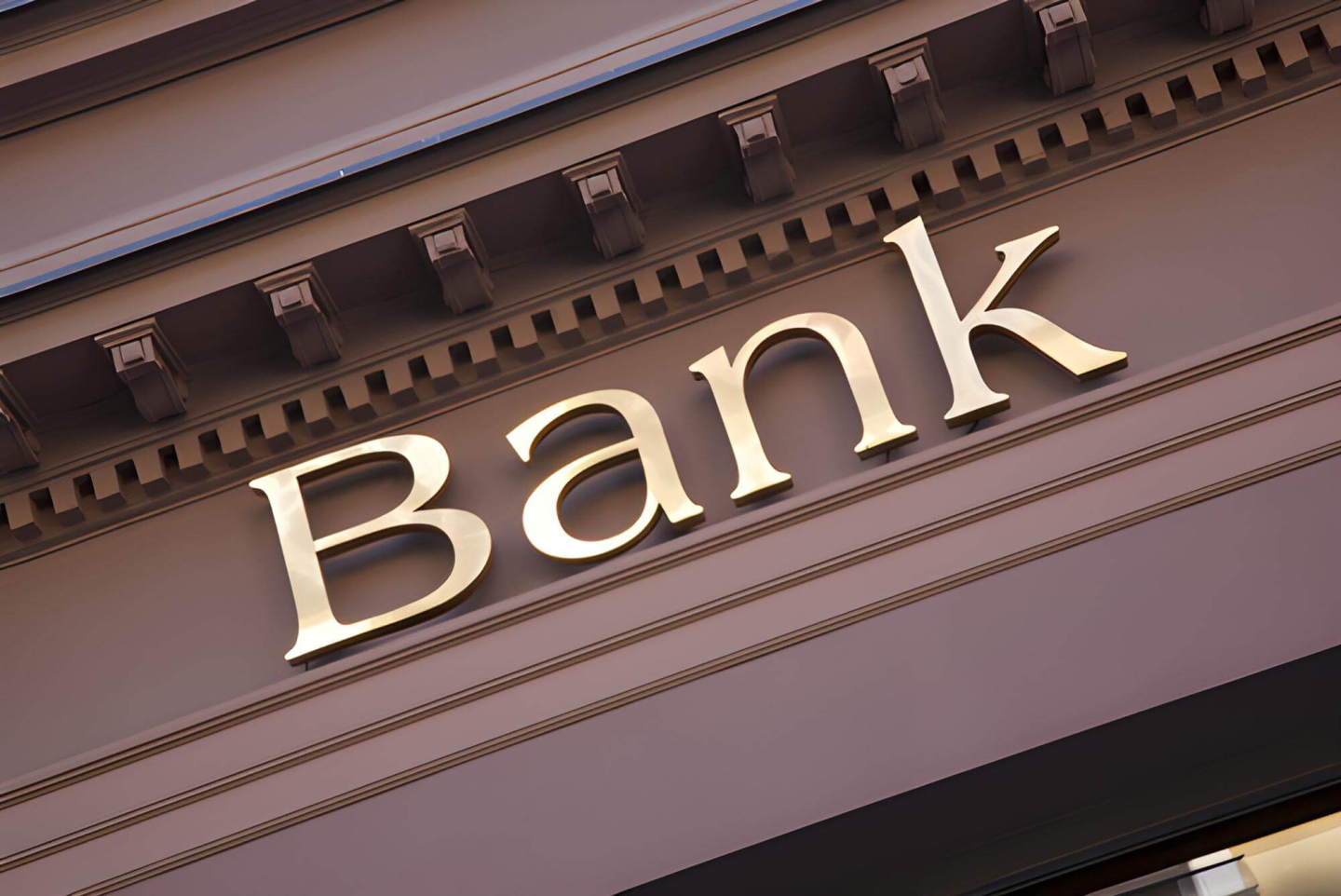Increasing nervousness on Credits Suisse shares due to the restructuring underway since late July and deteriorating financial results may indicate that investors fear a repeat of the black scenario that occurred with Lehman Brothers.
Do we have reason to be concerned?
Credit Suisse's current stock market capitalization is just over CHF 10 billion, a historic low. The bank's performance has steadily deteriorated from quarter to quarter. On October 27, Credit Suisse will publish its Q3 2022 results and unveiled a restructuring plan. Ulrich Körner, Credit Suisse's CEO, likened the bank to a phoenix that is poised to be reborn from the ashes. Fundamentally, the last three quarters show the bank's poor performance in both revenue growth and operating profit profitability. The sources of the bank's problems are primarily misguided investments in funds and an affair involving the origin of deposits held at the bank, dating back to the 1940s.
The Greensill investment cost Credit Suisse about $2 billion in losses plus restructuring and legal costs. In contrast, the bank lost (depending on sources) between $4.7 billion and $5.1 billion on its investment in Archegos. By comparison, Morgan Stanley reported a loss of nearly $1 billion; UBS Group AG suffered losses of $773 million.
What's more, a scandal erupted earlier this year over a massive data leak involving some 18,000 customer accounts from around the world, with total deposited funds exceeding 100 billion Swiss francs. And there might not have been anything wrong with this, if it hadn't come to light that a significant portion of these funds were the fortunes of dictators and people linked to the criminal world. It turned out that this procedure had been going on since the 1940s and the bank was not particularly concerned about the origin of the funds deposited in the accounts.
Recent highlights of Credit Suisse's history against the bank's share price:
Source: Bloomberg
Two failed investments, an image scandal, deteriorating financial results,the resignation of the CEO and restructuring. Not surprisingly, market observers are talking more and more loudly about the possibility of the bank declaring bankruptcy. Adding fuel to the fire is the fact that recently valuations of so-called credit default swaps have risen significantly. These are so-called CDSs, or derivatives, used to hedge the risk of borrower default. On September 30, 2022, Credit Suisse's CDS valuation was the same as it was in 2009, right after the collapse of Lehman Brothers and the outbreak of the global financial crisis. Therefore, this could mean that the fiscus seems to be discounting the potential risk of bank failure.
Credit Suisse CDS Spread:
Source: Bloomberg
The question is, will the Swiss government allow this bank to fail? As of today, the chances are slim. It is likely to be similar to the case of UBS, Switzerland's largest bank, which also ran into problems during the financial crisis. The Swiss government recapitalized it, the bank underwent a restructuring, and now its operations do not experience such fluctuations as Credit Suisse. However, it should be expected that the restructuring of the bank will be painful and arduous, as the CEO of Credit Suisse has already communicated. By this can be meant, first of all, significant cuts in personnel costs.
The media are comparing Credit Suisse's problems to those of Lehman Brothers bank, which collapsed in 2009. The outbreak of the financial crisis in 2008 was not caused by the collapse of Lehman, but the bankruptcy of that bank was the spark that fell on the powder keg. The cause was toxic bonds based on mortgages. To put it more precisely, the banks issued mortgages on a massive scale to people who were unable to pay them. Then, based on these loans, they created bonds backed by these loans and sold them to each other. This can be compared to playing with a hot potato. It turned out that the last bank to hold it was Lehman Brothers. When that bank collapsed, it turned out that the bonds were worthless. Today the situation is different. The financial condition and situation of Credit Suisse is largely the responsibility of the bank itself. In the current situation, the outbreak of another global financial crisis as a consequence of the potential collapse of this bank seems unlikely, but nevertheless the local and short-term consequences of Credit Suisse's questionable future should be taken into account.
Source: xStation

Kongsberg Gruppen after earnings: The company catches up with the sector

Market wrap: European indices attempt a rebound after Wall Street’s record selloff 🔨

Is a recovery on the cards? A deep dive into why bitcoin is weighing on tech stocks

Morning wrap: Tech sector sell-off (06.02.2026)
This content has been created by XTB S.A. This service is provided by XTB S.A., with its registered office in Warsaw, at Prosta 67, 00-838 Warsaw, Poland, entered in the register of entrepreneurs of the National Court Register (Krajowy Rejestr Sądowy) conducted by District Court for the Capital City of Warsaw, XII Commercial Division of the National Court Register under KRS number 0000217580, REGON number 015803782 and Tax Identification Number (NIP) 527-24-43-955, with the fully paid up share capital in the amount of PLN 5.869.181,75. XTB S.A. conducts brokerage activities on the basis of the license granted by Polish Securities and Exchange Commission on 8th November 2005 No. DDM-M-4021-57-1/2005 and is supervised by Polish Supervision Authority.


